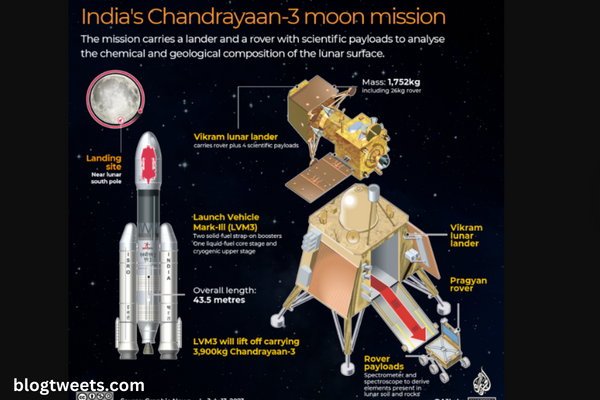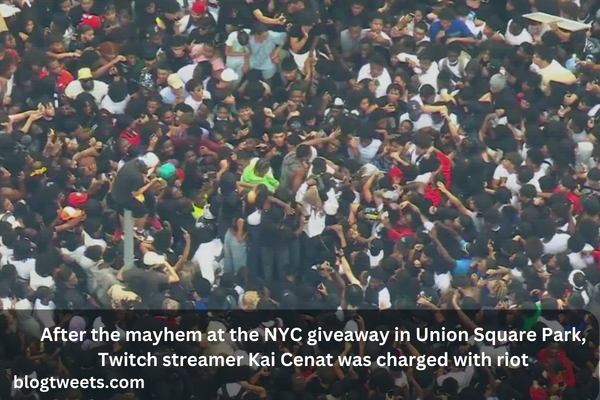Leaked documents indicate that the US believes the UN chief is too conciliatory to Moscow

According to recent findings in classified documents that were released online, the US believes that the UN Secretary General is overly accommodating to Russian interests.
The records imply that Washington has been paying close attention to Antonio Guterres.
In several documents, Mr Guterres and his deputy are mentioned in private communications.
It is the most recent from a leak of top-secret papers, whose cause US officials are trying to determine.
In the documents, Mr. Guterres makes open observations about the conflict in Ukraine and a number of African leaders.
One of the leaked documents focuses on the Black Sea grain agreement, which was negotiated in July after concerns about a worldwide food crisis by the UN and Turkey.
It implies that Mr. Guterres was willing to accommodate Russia’s interests because he wanted to keep the pact in place so badly.
The statement in the dossier reads, “Guterres stressed his efforts to improve Russia’s export capacity, even if that involves sanctioned Russian entities or individuals.”
The evaluation stated that his activities in February were “undermining broader efforts to hold Moscow accountable for its actions in Ukraine.”
The idea that the world’s top diplomat was being kind towards Moscow inflamed UN officials.
One senior official refused to comment on the materials that had been released, but he claimed that the UN was “driven by the need to mitigate the impact of the war on the world’s poorest.”
That entails doing all in our power to lower food prices, as well as making sure that fertiliser is available in the nations that most urgently want it.
Russia has regularly complained that international sanctions are having a negative impact on its own exports of grain and fertilizer, and has threatened to stop cooperating with the grain deal at least twice if its concerns are not addressed.
International sanctions do not apply to Russian grain or fertilizer, but Russia claims to have had trouble getting shipping and insurance.
Officials from the UN are obviously not pleased with how America has interpreted Mr. Guterres’ initiatives. And they claim that Mr. Guterres has made it quite plain that he opposes Russia’s conflict.
Another paper from the middle of February details an open discussion between Mr Guterres and Amina Mohammed, his deputy.
In it, Mr. Guterres expresses “dismay” at Ursula von der Leyen, President of the European Commission, calling for Europe to create more weapons and ammunition in response to the conflict in Ukraine.
Additionally, the two discuss the most recent summit of African leaders. Amina Mohammed claims that William Ruto, the president of Kenya, is “ruthless” and that she “doesn’t trust him.”
It is commonly known that America is one of several countries that regularly spies on the UN, but when the results of that spying are made public, it is extremely embarrassing and might be devastating for the top diplomat in the world.
Up until Wednesday, when the Washington Post revealed that it was a gun aficionado in his 20s who worked on a military base, there were few hints as to who had leaked the documents.
A small group of men and boys who have a “love of guns, military gear, and God” are alleged to have been the recipients of the confidential material, which was disclosed to have been disseminated by him on the social media site Discord, which is well-liked by gamers.
On Wednesday, Discord announced that it was assisting law enforcement in its probe into the leak.
John Kirby, a spokesman for US national security, told the BBC that the US administration was working feverishly to discover the source of the leaks.
“There were a number of hazardous leaks here. We have no idea who is at fault, and we have no idea why. Additionally, we are evaluating the effects on national security, and a criminal inquiry is ongoing right now, he added on Wednesday.
“We want to find out what happened, who did it, and why,” someone said.
He added that Washington was “actively reaching out” to allies to address their concerns on the leaks and let them know “how seriously we are taking this.”
The legitimacy of some of the documents, according to Mr. Kirby, has not yet been confirmed, but they “certainly appear to have come from various sources of intelligence across the government,” he added.








